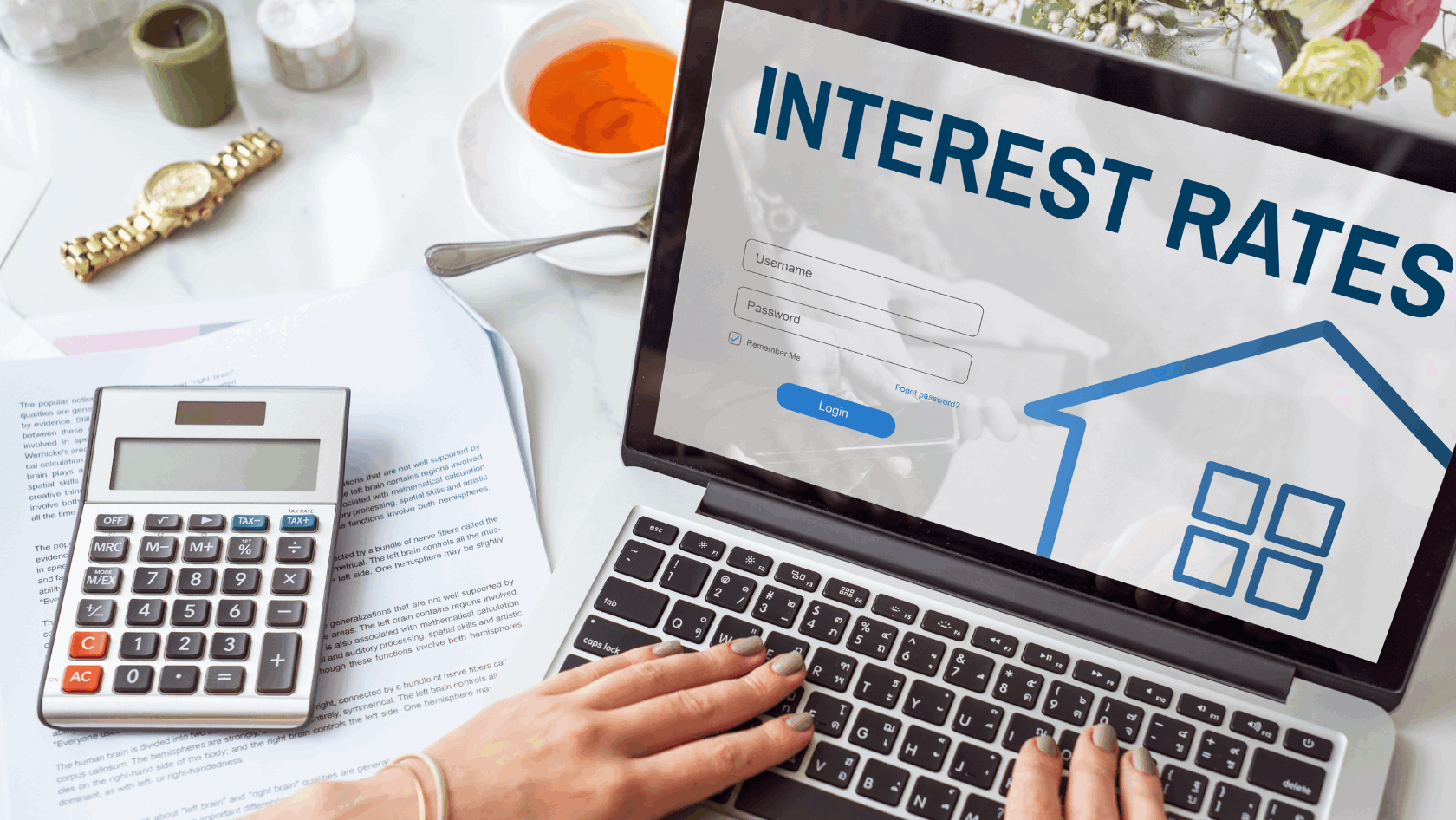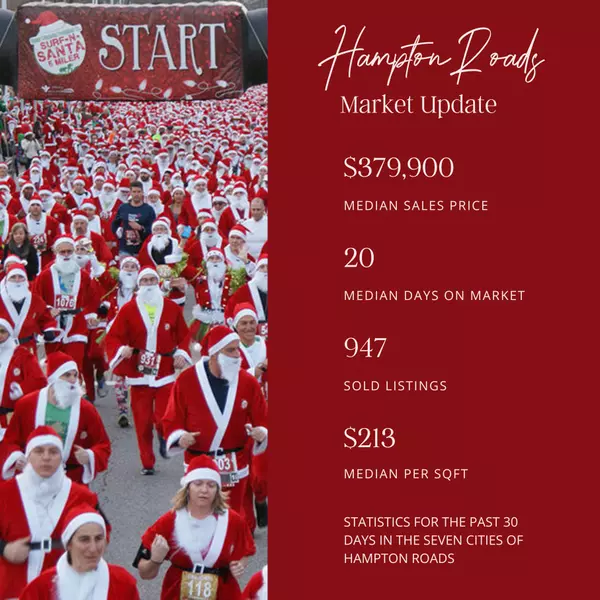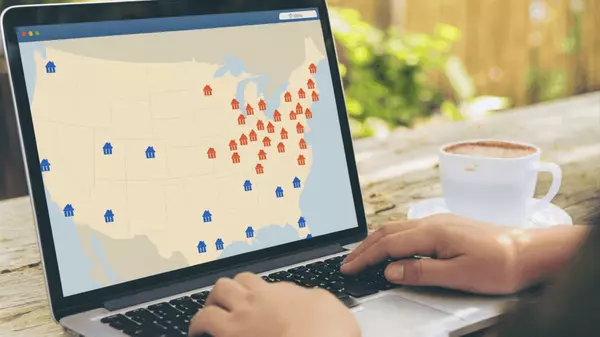Mortgage Rates Got You Worried? Here’s How to Secure the Lowest Rate Possible

Mortgage rates have been fluctuating since September, dipping to a low 6% range before climbing past 7% by the end of October. These rate changes can make home buying feel like a guessing game, but don’t worry, you don't have to wait for the "perfect" rate.
- Federal Reserve Influence: The Fed doesn’t set mortgage rates directly, but influences them by adjusting the federal funds rate. When inflation rises, the Fed often raises interest rates to slow down spending. This can lead to higher mortgage rates.
- Economic Growth and Employment Rates: A strong economy and low unemployment tend to push rates higher because of increased demand for loans. Conversely, when economic growth slows, mortgage rates often decrease.
- Financial Markets: The performance of Treasury bonds and mortgage-backed securities (MBS) also plays a role. Mortgage rates are typically priced above the 10-year Treasury yield, with a “spread” that reflects the risk investors take on when buying MBS.
- Government Policies: Homeownership support policies like down payment assistance or tax credits can increase mortgage demand and potentially lead to higher rates.
- Global and Political Events: World events—like war, pandemics, or major elections—can impact the U.S. stock and bond markets, thereby influencing mortgage rates.
- Use an Online Mortgage Calculator: Start by estimating your monthly payment based on different interest rates and down payment amounts. This will help you visualize various scenarios and determine a comfortable monthly payment.
- Factor in Additional Expenses: Remember that your mortgage payment includes more than just principal and interest—it can also cover property taxes, homeowner’s insurance, and PMI (private mortgage insurance) if your down payment is below 20%.
- Account for Rate Fluctuations: If possible, budget with a slightly higher rate to give yourself a buffer. That way, if rates go up before you close, your finances won’t be stretched thin.
- Pay down existing debts.
- Avoid opening new lines of credit before closing on a home.
- Assess the break-even point to ensure long-term savings outweigh upfront costs.
- Consult with a loan officer to see if this strategy aligns with your financial goals.
Ready to Explore Your Options? Contact Megan Luker, Your Trusted Virginia Beach REALTOR®️
📲 (M) 757-703-1590 ☎️ (O) 855-450-0442
Categories
Recent Posts

Where to Ring In the New Year in Virginia Beach: Family Fun, Glam Nights & Oceanfront Parties

How Amazon’s 3.2M-Sq.-Ft. Virginia Beach Facility Is Shaping the Local Housing Market

Local Spotlight: Taste Unlimited — A Virginia Beach Classic That Never Goes Out of Style

7 Scariest Things Buyers Notice During a Virginia Beach Home Showing

Hampton Roads Real Estate Market Update – November 2025: Balanced & Moving Fast

What Buyers & Homeowners Can Expect from the 2026 Virginia Beach Housing Market

Once Upon a Grand Illumination at the Cavalier Resort

Eat Like You’re on Island Time at Aloha Snacks, Virginia Beach

Are Home Values Rising or Falling in Virginia Beach? Here’s the 2025 Update

Barrel 17: Virginia Beach’s Hidden Gem for the Best Sweet Potato Fries and Whiskey Burger
GET MORE INFORMATION

Megan Luker Virginia Beach
Agent | License ID: 0225059353

